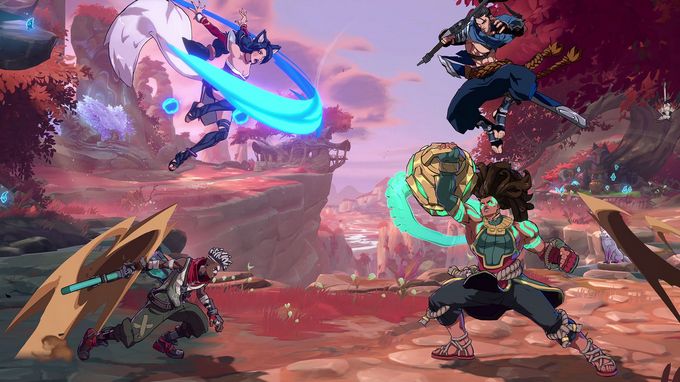
One of the key elements that sets open-world games apart from more linear experiences is the inclusion of non-player characters, or NPCs, that populate the game world. These characters are essential for creating a sense of life and immersion in the game world, but their behaviors and schedules can make a big impact on how players engage with the game. In this article, we’ll take a look server hosting vps at how NPC scheduling adds depth to open worlds and enhances the player experience.
NPC scheduling refers to the way in which NPCs in a game adhere to specific routines and schedules. This can range from simple day-night cycles to more complex routines that dictate where an NPC will be at a certain time, what they will be doing, and who they will interact with. By incorporating these schedules into the game world, developers can create a sense of realism and dynamism that enhances the player’s immersion in the game.

One of the most obvious ways in which NPC scheduling adds depth to open worlds is by creating a sense of time passing in the game world. In many open-world games, time will pass as the player explores the world, completing quests and interacting with NPCs. By giving NPCs specific schedules to adhere to, developers can create a sense of life and activity in the game world that goes beyond the player’s actions. For example, NPCs may go to work during the day, socialize in the evenings, and sleep at night, creating a dynamic and evolving world for players to explore.
NPC scheduling can also impact gameplay in a more direct way by influencing the availability of certain quests, items, or characters at different times of day. For example, a quest may only be available during the day when a certain NPC is working at their shop, or a rare item may only be sold by a specific merchant who only appears at a certain time and place. By tying these elements to NPC schedules, developers can encourage players to pay attention to the world around them and explore different areas at different times in order to discover all the game has to offer.

Another way in which NPC scheduling adds depth to open worlds is by creating opportunities for emergent gameplay and storytelling. When NPCs have their own schedules and routines, they can interact with each other and the player in unpredictable ways, leading to unexpected encounters and events. For example, a chance meeting between two NPCs during a quest may result in a new quest line opening up, or a rivalry between two characters may play out over the course of the game in response to the player’s actions. These interactions can make the game world feel more alive and dynamic, and give players a sense of agency in shaping the world around them.
From a design perspective, NPC scheduling can also serve as a tool for guiding player behavior and directing the player’s attention to specific areas of the game world. By determining where and when NPCs will be present, developers can encourage players to explore different regions, engage with different characters, and uncover hidden secrets. For example, a rare item may only be available from a merchant who travels between different towns on a specific schedule, prompting players to track down the merchant and follow them on their journey.
In conclusion, NPC scheduling is a powerful tool for adding depth and immersion to open-world games. By giving NPCs their own schedules and routines, developers can create a sense of life and activity in the game world, guide player behavior, and create opportunities for emergent gameplay and storytelling. When done well, NPC scheduling can make the game world feel more alive and dynamic, and enhance the player’s experience in ways that go beyond traditional quest lines and objectives. Whether it’s exploring a bustling city teeming with NPCs going about their daily lives, or stumbling upon a chance encounter between two characters that leads to a new adventure, NPC scheduling can truly bring open worlds to life in exciting and unexpected ways.
